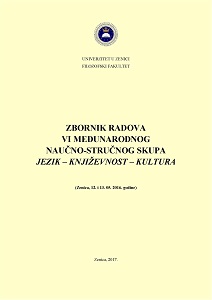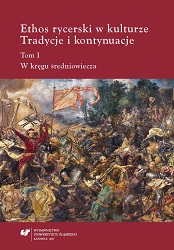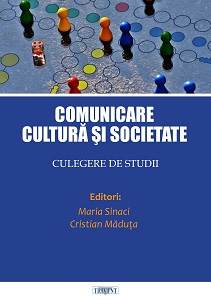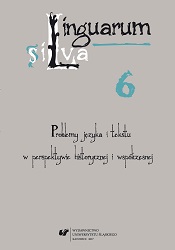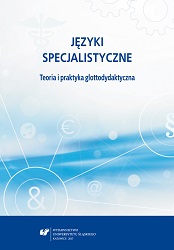
Teaching English to Medical Students: Reflections on Problems and Solutions from the Teacher’s Perspective
Although effective communication is key to all human activity, nowhere doesit seem more important than in medicine, where clinical outcomes also depend on the clarityand precision of what health practitioners say to their patients. Since English has assumed therole of an international lingua franca, the practice of teaching English for Medical Purposes(EMP) has become even more significant. It stands to reason then that the concept of EMP isgiven adequate attention, especially with regard to identifying difficulties and improving thewhole didactic process. The present paper reviews the specialist literature in view of identifying most commonly cited problems that medical English teachers need to address in their teaching practice. The paper also reports on the study conducted to examine the extent to which EMP teachers working in higher education institutions in Poland relate to problems documented in literature. The study concludes that although some of the issues discussed in the ESP literature prove largely unproblematic for our sample, others, especially those related to teacher development and syllabus design, are reported to constitute a major problem.
More...
